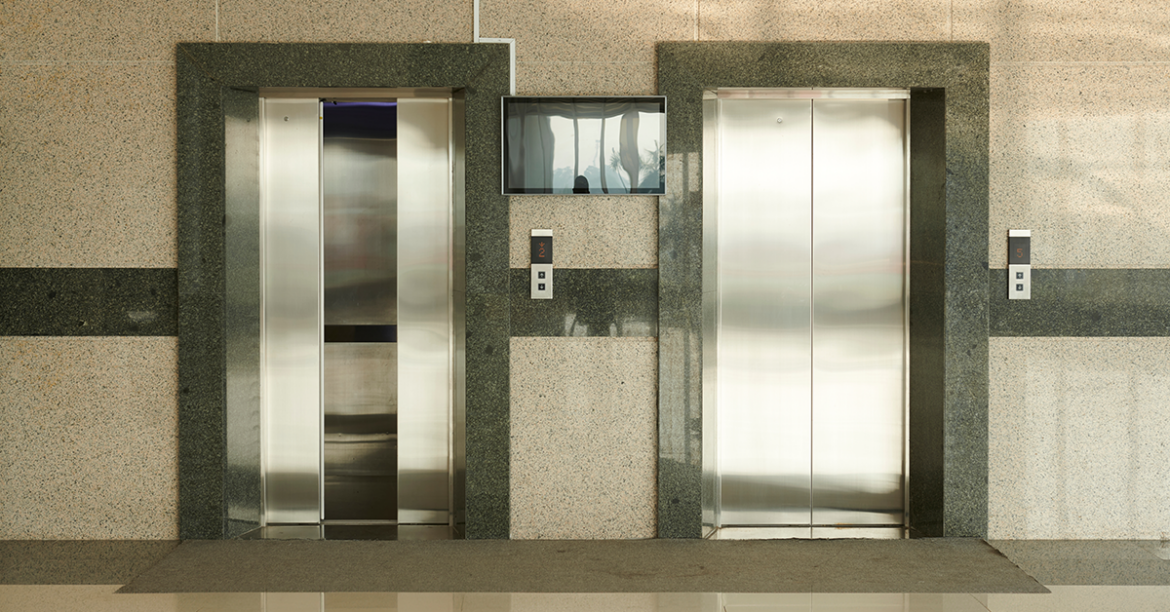
Associations in Florida must follow strict legal requirements to safeguard against liability and administrative penalties. Pursuant to Section 399.02(5)(b), Florida Statutes, associations are responsible for elevator safety and maintenance after inspection and certification, even if they outsource maintenance services. This includes not only standard elevators but also escalators, dumbwaiters, moving walks, inclined stairway chairlifts, and wheelchair lifts.
Elevators subject to Chapter 399, Florida Statutes, must undergo an annual inspection by a certified elevator inspector or a municipality or county contracted with the Division of Hotels and Restaurants of the Department of Business and Professional Regulation (“Division”). However, if the elevator serves only two adjacent floors, is not an escalator or dumbwaiter, and has a service maintenance contract, an inspection is not required as long as the contract remains in effect. The association must file a statement verifying the existence and performance of each service maintenance contract with the Division annually, as prescribed by its rules. If a service maintenance contract is cancelled, the association must report it to the Division as prescribed by its rules.
In buildings six or more stories high, including condominiums, all public access elevator keys must be keyed to allow operation with one master elevator key in fire emergency situations. Alternatively, a building may install a uniform lock box containing keys to all public access elevators, which must be keyed to allow operation with one master key in each of the seven state emergency response regions. If compliance is technically, financially, or physically impossible, the local fire marshal may allow substitute emergency measures for reasonable elevator access.
The Bureau of Elevator Safety oversees elevator regulation, permitting, and inspections under Chapter 399 of the Florida Statutes and Chapter 61C-5 of the Florida Administrative Code. Rule 61C-5.001(1) includes Chapter 30 of the 2004 Florida Building Code, which requires elevators to meet ASME A17.1, ASME A17.3, and ASME 18.1 for standards for design, construction, installation, alteration, repair, and maintenance. Associations must also be aware of the Americans with Disabilities Act (ADA) and Florida Americans with Disabilities Act (FADA), which may require removing architectural barriers. Please note that the ADA and FADA are not applicable to all associations. If you have questions about whether these laws apply to your association, please contact your association attorney.
Updates to the Safety Code for Existing Elevators and Escalators requiring Phase II Firefighters’ Service on elevators will not be enforced until the elevator is replaced or requires major modification in condominiums or multifamily residential buildings with a certificate of occupancy issued before July 1, 2008. Phase II Firefighters’ Service refers to the manual operation of elevators by firefighters during fire emergencies, allowing for safe evacuation and emergency response procedures. Within 5 working days of any elevator accident, the certificate of operation holder must report the accident to the Division on a prescribed form. Failure to file this report on time is a violation of Chapter 399, Florida Statutes, and may result in an administrative fine of up to $1,000. Violations of other provisions may carry the same penalty, in addition to possible prosecution for a second-degree misdemeanor.
To better safeguard against liability and administrative penalties, associations in Florida must follow strict legal requirements, including conducting annual inspections, maintaining service contracts, meeting safety and accessibility standards, and reporting accidents promptly.
